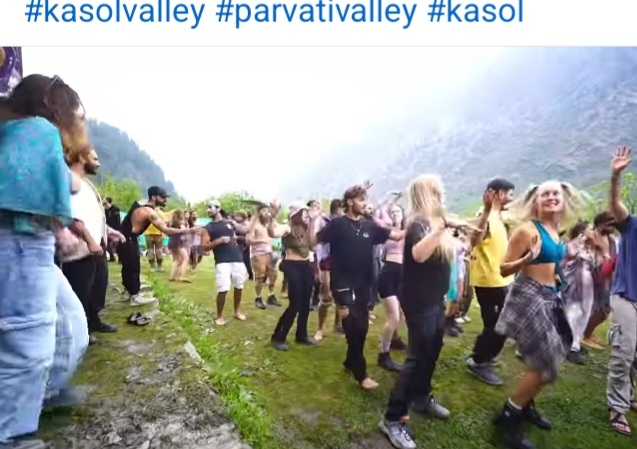SHIMLA: Ministry of Tourism and civil aviation on World Tourism Day 2024, highlighted the theme "Tourism and Peace. But in many tourist towns and hill stations in Himalayan states, it appears to be other way round: Tourism, Trash and Turbulence(TTT)”.
We want to promote India as a destination for all 365 days for international tourists.
Hotel industry in Himachal is demanding air and railway connectivity- Vande Bharat Express to Kalka from big Metros and bigger aircrafts to Shimla, Kullu and Dharamshala.
Today the fact remains, most of the Himalayan states are reeling under seasonality factor. Hill stations saturate with flux of tourists in summer season in Himachal and Uttarakhand. Over 20 lakh yatris in Char dhams in first 100 days.
But other months, hotels, homestays and guest houses remain nearly vacant.
HPTDC hotels in Himachal are nearly empty these, so is the occupancy in private hotels in Shimla, Manali, and other stations.
Big hotels are coming up along the Chandigarh-Shimla Fourlane highway in places like Kasauli, where water crisis has hit the local residents as big hotels are biggest consumers of water.
There is no water audit and provision to recycle the sewage water for the hotels in Himachal and Uttarakhand, which as a matter of policy should be made mandatory to discipline Hotel industry and its guests to conserve water so that natives do not suffer due to tourism.
All big hotels must be brought under the ambit of water and waste audit so that tourism becomes sustainable for local population.
No doubt, Tourism foster global understanding, resolve conflict, and promoting peace through travel, cultural exchanges, and sustainable tourism practices.
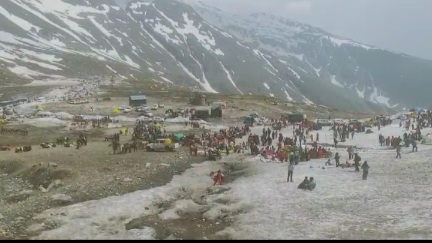
Celebrated annually on September 27, World Tourism Day commemorates the UNWTO's establishment and aims to raise awareness of tourism’s influence on international cooperation and cultural exchange.
India’s Ministry of Tourism marked the occasion with various initiatives, focusing on infrastructure improvements, sustainability, and community involvement to make India a premier travel destination.
The Vice President of India, Shri Jagdeep Dhankhar, underscored India’s tourism transformation, including enhanced connectivity and the doubling of airports, which he believes will have a significant impact on economic and cultural growth.
Several programs were launched, including Paryatan Mitra and Paryatan Didi in six locations, aimed at training individuals as ambassadors for their destinations, especially focusing on women and youth.
Also, the Best Tourism Villages Competition 2024 honored 36 villages for promoting cultural and natural sustainability.
The revamped Incredible India Content Hub was also unveiled.
India's long-term vision for tourism includes creating a USD 3 trillion tourism economy by 2047, with projects such as niche tourism and capacity-building initiatives under the Swadesh Darshan Scheme.
Further advancements include India’s hosting of the 46th UNESCO World Heritage Meeting.
It was a big plus for the mountain states as Assam's Moidams becomes India's 43rd World Heritage Site. We have Kalka-Shimla and Great Himalayan National Park, Kullu as UNSECO's world heritage sites.
Through campaigns like Dekho Apna Desh, Incredible India, and RCS-UDAN, the Ministry is promoting both domestic and international tourism, working to improve infrastructure.
Idea is to elevate India’s profile as a 365-day destination.
The private hotel industry has welcomed the initiatives launched on World Tourism Day 2024, but they stress that more needs to be done to truly unlock India's tourism potential.
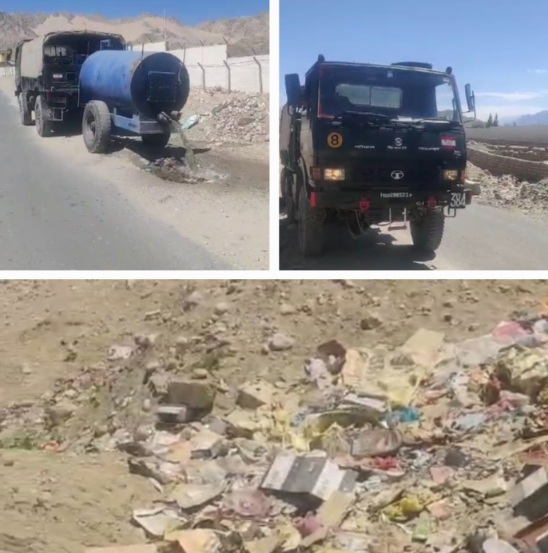
Many industry leaders have highlighted the need for smoother regulations, improved infrastructure in rural and remote areas, and faster approvals for new projects.
They also call for better public-private partnerships to promote local tourism in a sustainable way.
Some hotel chains feel that while the government's goals are ambitious, the real challenge is the lack of skilled workers in the hospitality sector.
They suggest that more focus should be placed on training programs for youth and women, especially in smaller towns and villages.
Hoteliers have also pointed out that promoting niche tourism, like eco and adventure tourism, will require greater investment in clean, green infrastructure to ensure tourists have a pleasant and sustainable experience.
Private players have also expressed concerns about the gap between government policies and their on-ground implementation.
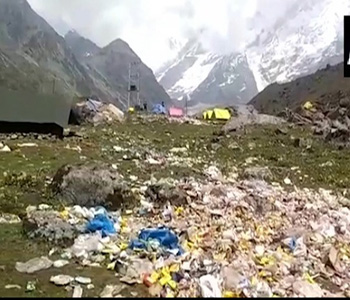
They want to see more support in areas like digital promotion and marketing, as well as simplified tax structures that allow for more competitive pricing to attract both domestic and international travelers.
NGOs have raised serious concerns about the growing trash crisis in Himalayan states, which they argue is being overlooked amidst the push to boost tourism.
As more tourists flock to hill stations like Kasauli, Shimla, Dehradun, Leh, and Manali, waste pollution and water shortages have worsened, impacting local communities the most.
According to several environmental groups, the natives are bearing the brunt of these crises, with the unchecked influx of tourists leaving behind mountains of trash that strain already fragile ecosystems.
NGOs are calling for immediate waste and water audits in these hill stations to be made mandatary for hotels.
They stress that without proper waste management and conservation efforts, the situation could spiral out of control.
In many tourist towns, water shortages are becoming common that has led to contamination of water sources.
The waste pollution, particularly from plastic and other non-biodegradable materials, is clogging rivers and streams, further aggravating water supply issues.
Activists have criticized both private and government bodies for focusing more on tourism development without addressing the environmental toll it takes on local resources.
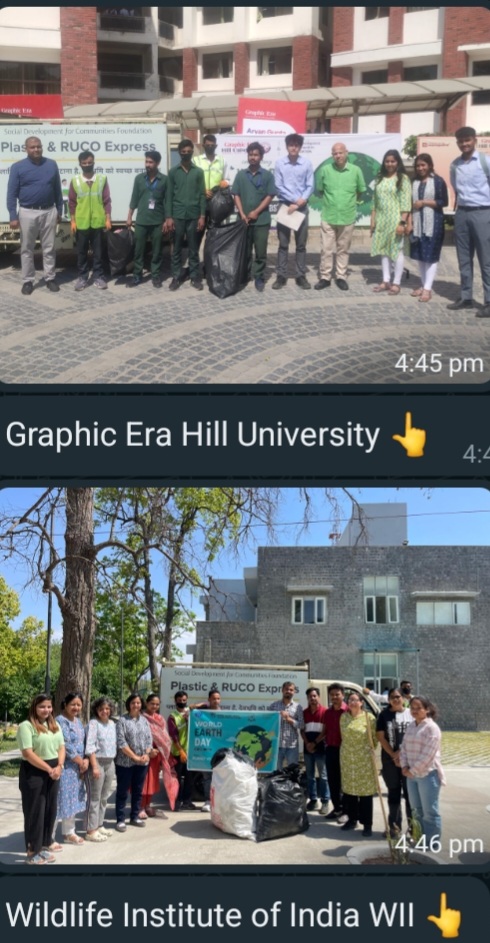
They argue that sustainable tourism should go hand in hand with strict waste management practices and water conservation measures to protect these ecologically sensitive areas.
Tourism for peace and prosperity of few will not be lasting and sustainable, it could lead to unrest and imbalance.




